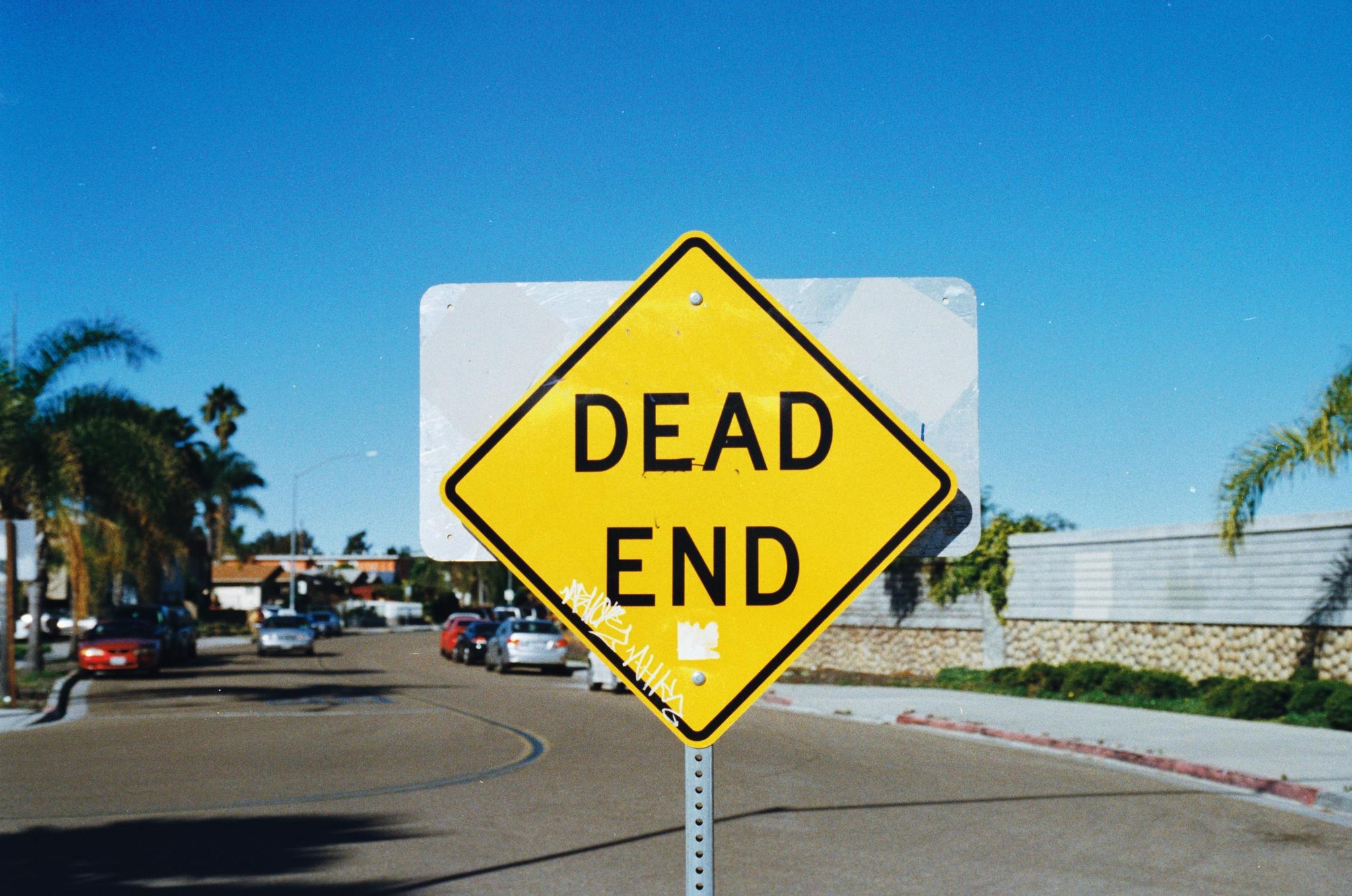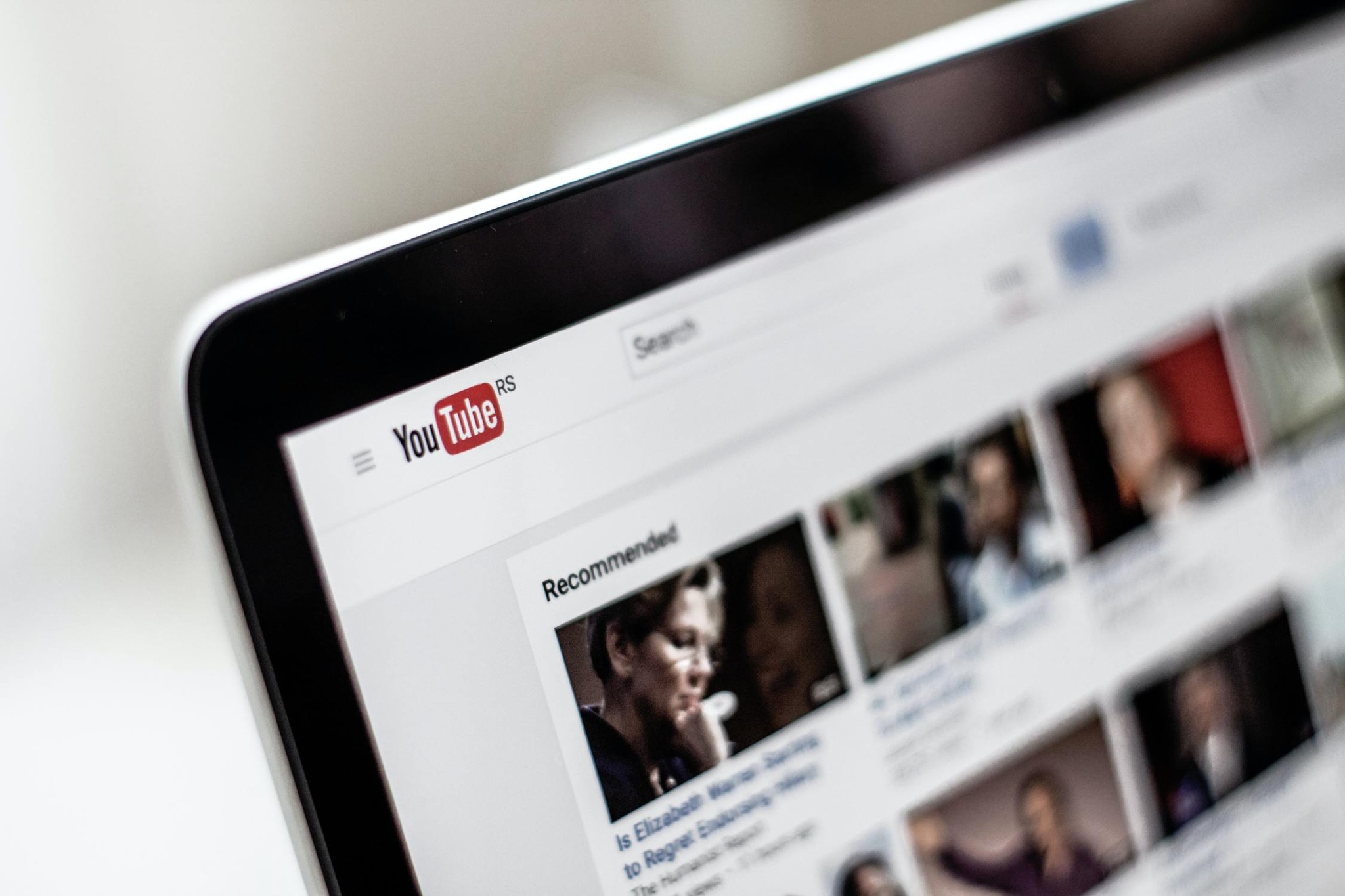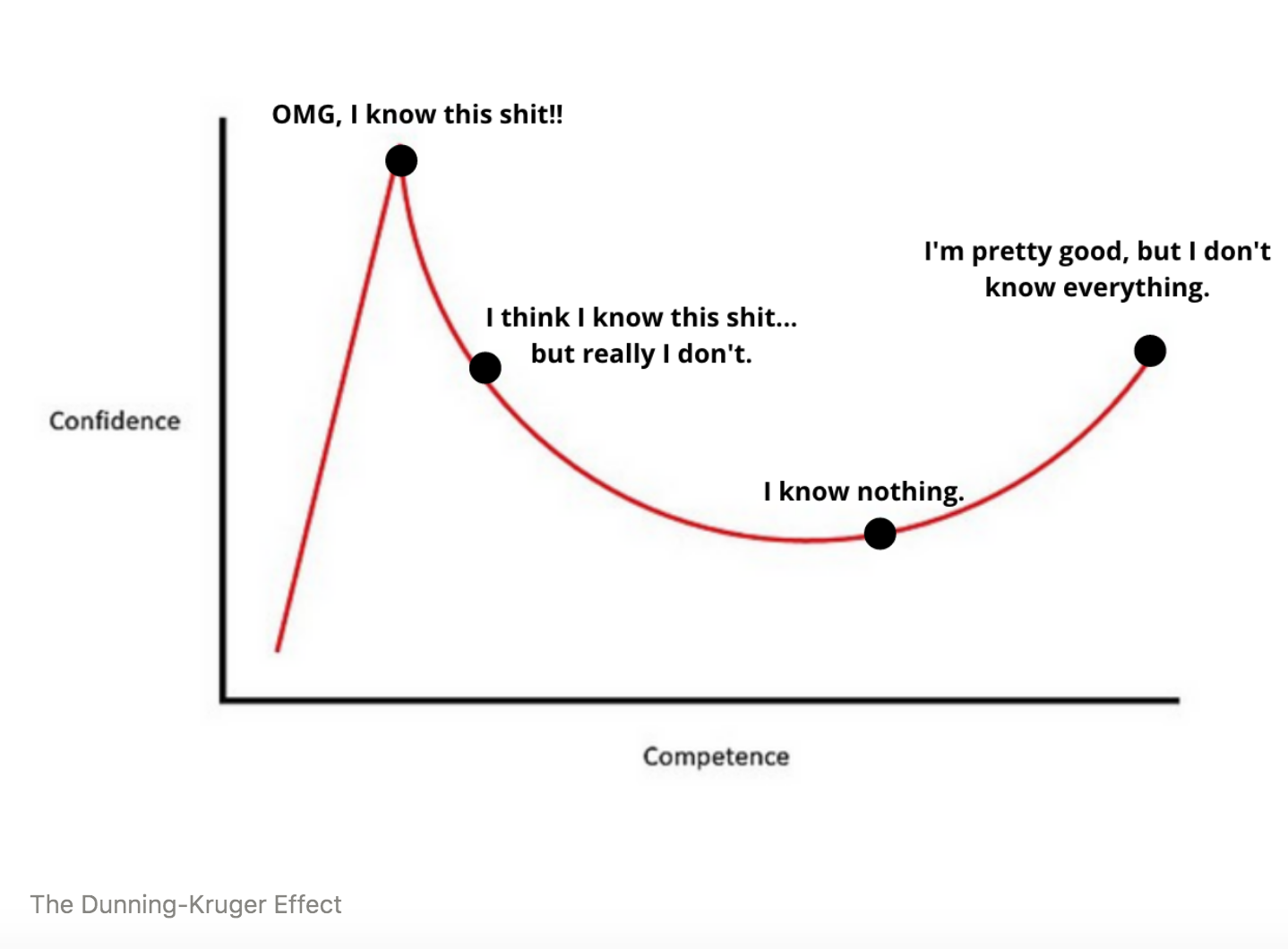The Early Days: No Artificial Intelligence Degree

When I went to college to study engineering in the late 1980's, computer science was still in its infancy. At my university there wasn’t even a computer science department—it was a part of the Math department. It was the early days of the internet, too. Nobody really knew what this thing was going to be, but it was really exciting. I chose computer science as my major because, after all, I had been fascinated with robots since I was a kid. (Nowadays it is like this but with AI. Most universities have computer science as a major, but an undergraduate major in AI is just starting and is very uncommon.)
When I attended college it was also the early days of AI. While in college I started hearing about this technology, and immediately my interest was piqued. I set out on the journey to learn AI.
I got a Master's Degree in Computer Engineering, and for my thesis worked on using fuzzy logic to create an intelligence machine. It turned out the challenge was greater than I anticipated. I’d always loved math, but the math required to learn AI was like nothing I’d encountered before. Abstract math was super deep, and I just couldn’t wrap my mind around it. Probability & Statistics was my nemesis. That was the only class I had to drop out of in graduate school because even if you got a B, you couldn't graduate. I came to class one day and the professor said to me, in front of the whole class, "What are you doing here? You don't belong here. You gotta drop this class." It was kind of traumatic.
I stopped learning AI. After graduating, I got a job in computer science, and just stayed in my lane.
The Joy of Discovering Something New

Fast forward twenty years, to 2015. I started hearing about AI again, and my interest was piqued yet again. I knew I could not ignore the call this time. I saw how Google was using AI and I knew it was the future. I dove back in. Typing "Markov Chain," into YouTube's search bar, I set out on the journey to teach myself the math that had thwarted me in my college days.
It took me about a year of self-study to sufficiently brush up on my math skills, recover everything and finally grasp some of the concepts that I missed from the first time around. The teacher I found on YouTube was great—actually better than the math teachers I had in college! Everything started to come back.
From there, I started attending math conferences to deepen my knowledge and skills. I have to admit, I felt very out of place at the conferences. But I just persisted. I held tight to my goal of learning AI.
Anyone who has never made a mistake has never tried anything new. - Albert Einstein
Interestingly, before covid conferences were the only way you could get a lot of the information I was seeking. I had to go to Amsterdam (which I didn't mind) or Berlin (which I didn't mind either). Now, because of covid, everything is online and everything is free. It's just click and watch. Knowledge right now is not even cheap, it's abundant. I'm learning stuff I remember when I was in college you had to wait until you're close to PhD level. Now 20 years later somebody is on YouTube explaining Markov Chain and Bayesian theory.
The beauty with YouTube is, if you don't find someone who explains something well there are 3,000 more coming in. We are smart people, we just need a good start. Once you get a good start, then you build momentum.
Right about now you might be thinking, okay Leon, but what is the link for the YouTube video so I can get started learning AI?!

I want to step back a little bit, because that's the power and beauty of AI. Even if you're a computer science person, whatever you know now is going to be totally obsolete five years from now. And if you're not a computer science person you are probably thinking, "AI is gonna be the future. How can I be ready for AI?"
Whatever business you're in, whatever skills you have, the bigger questions are: How can I be ready for the future? It's already been established that AI is the future. So, how can I match the ever-changing future? How can I use my skills as a stepping stone to get to the next level?
On top of the rapid acceleration we were already seeing, covid changed everything. I used to think the changes were going to take place over the next 10-15 years. Turns out, they are happening right now. It has to be now.
And there is something you've gotta understand first. You've got to make a contract with yourself you will never quit in the middle of the Dunning-Kruger effect.
How to Teach Yourself AI (Or Anything Else)
I like to learn. I'm into the joy of learning. I did not base my career on the best way to make "quick bucks" (I hate that phrase). I did not optimize for money. Instead, I optimized for the long-term, for long-term learning.
At the same time, I wish somebody told me about the Dunning-Kruger effect 20 years ago, because then I wouldn't have felt bad. I would have known it's gonna be tough in the middle. There's excitement and over-confidence when you start learning something new, but in the middle, most of us get discouraged. If we persist, we come out better, and actually knowledgeable, on the other side. But a lot of us give up in the middle.

We live in age of acceleration and also age of mixed information. To produce something is actually to understand it. However, these days a lot of people give up and surrender to the idea of just consuming, rather than producing. They say, "I'm not qualified, I don't have the skill set, it's gonna take too long." Otherwise they don’t want to take the proper time to learn a new skill. They want to say, "hey, make me an expert with this book. Overnight."
The reality is that anybody can be anybody they want. Especially now. But you must be aware and alert about the Dunning-Kruger effect and you have to embrace the mentality that you're going to go through a lot of pain on your quest to learn something now. Adopting a high patience, low expectation mindset can be extremely helpful.
Simultaneously holding strong to the mindset, "I can be anything I want," will empower you to learn new skills for the future. You don't even have to search. Just type like, "I want to learn AI" into YouTube. Because YouTube runs on AI, guess what? If you constantly type and search and watch those videos, YouTube will keep feeding them to you.
For deeper research and knowledge acquisition, a couple tools I like and use a lot are Roam and Obsidian. If you aren't already in love with data, these tools will help you fall in love with data.
My last tip for how to teach yourself new skills and knowledge is to surround yourself with people who are also learning. Personally, I love to use Ness Labs. (I am not getting paid to promote any of these services by the way.) Ness Labs has a community of self learners where everybody is like, "hey I know a little bit of that." They have classroom for seven or eight topics and the cost is $50 for a whole year. It is a great cross-section of people--my classroom currently has a writer, a painter, and a farmer.
To summarize, if you want to learn something new, follow these three guidelines:
Get the mindset that you're never gonna quit.
Find a community—don't do it alone. The Dunning-Kruger effect will kill you if you do.
Use AI for its power. Go to YouTube.
The beauty of today's age is if the mind is open for it, anybody can be anything they want.